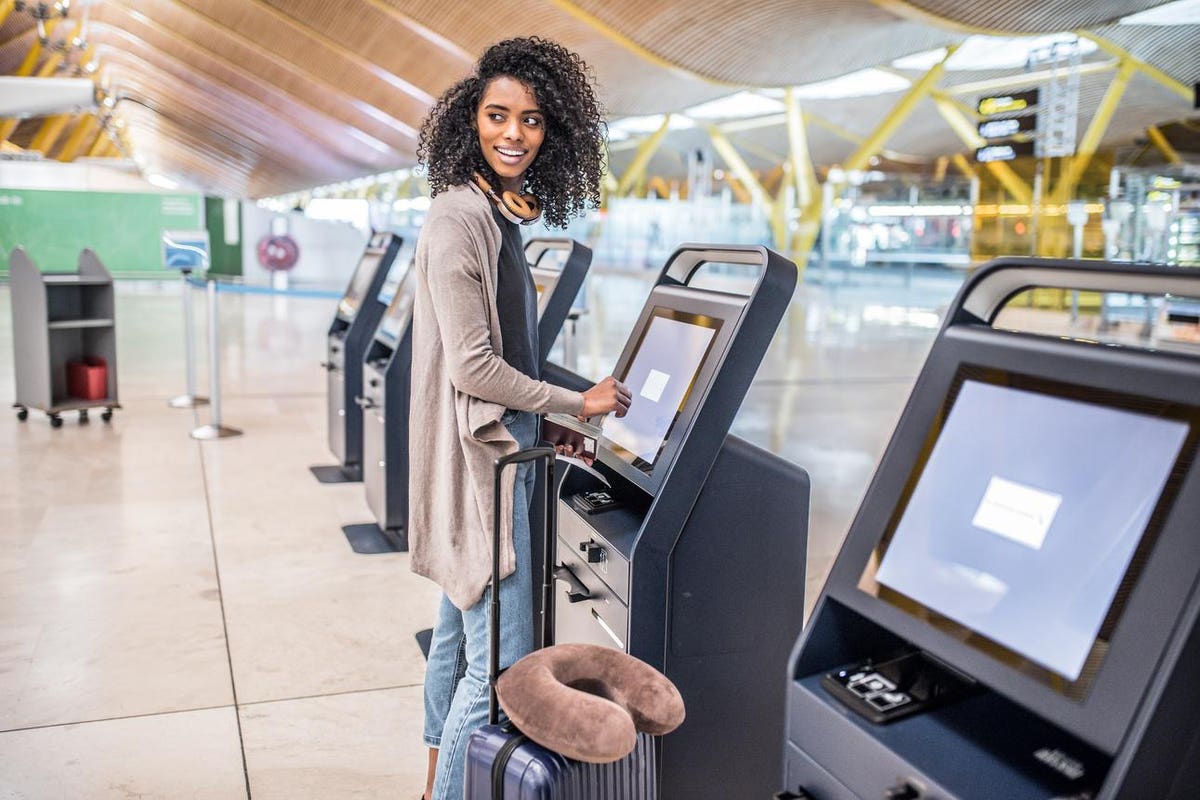CEO at Travelpayouts, one of the largest affiliate marketing networks focused on the travel market.
ChatGPT is giving Google a run for its money and has become a harbinger of what AI has in store for markets. Businesses are already adapting to this new reality, and the travel industry is no exception. Virtual assistants are learning how to plan whole travel itineraries, and chatbots are handling more and more support queries.
You wouldn’t be crazy to think that smart technologies like ChatGPT will radically change the way we travel. But in fact, they already have. We’re booking our own flights, checking our own bags, coordinating with hotel staff in languages we don’t speak and taking virtual tours of cities we’ve never been to, all thanks to artificial intelligence.
But the list doesn’t end there. Here are a few more ways in which AI is already bringing us the tourism of the future.
Support Bots
Digitization and automation mean reduced overhead, and travel businesses are leveraging these techniques. While just a few years ago chatbot tech support seemed brand new, today AI is replacing human support teams left and right. And travelers are quickly adapting to these new realities: According to a survey by Ubisend, 48% of consumers don’t care whether they get their information from bots or call centers.
One of the best examples of successful chatbot tech in the travel industry is Juliet by WestJet. Even before Covid, this virtual assistant was able to handle 74% of client support requests. When the pandemic started, Juliet saw a 45-fold increase in requests, but the system easily kept up with demand. That means the technology has essentially been able to do the job of entire client support teams.
AI Travel Agents
More and more client transactions are taking place via chatbot. According to a TIDIO study, chatbots are one of the most apparent trends for 2023. Sixty-two percent admitted that they prefer to use an online chatbot service because it quickly can help them instead of waiting for an actual customer service representative to take their call.
But bots can do a lot more than chat; they can also find you the perfect flight. Users of travel services generate large amounts of metadata that are difficult for unaided humans to analyze. This is where machine learning (ML) can be a great help: In addition to analyzing the time spent on a site or a user’s search history, ML helps take into account past reviews of flights and hotels in order to provide tailored recommendations. Booking.com, for instance, works this way, and Kayak uses advanced virtual assistants to automate customer support.
Still, the chat window format does work great for virtual assistants. For instance, ChatGPT can already handle requests like “3-day itinerary in Las Vegas for my 70-year-old parents” with flying colors. Just add a calendar and payment terminal to that functionality and you’ve got a fully fledged e-travel agent that can identify the best destination pairs and the most profitable routes and dates by combining over 30 factors in seconds.
Front-Desk Robots
The Henn na Hotel in downtown Tokyo opened in 2015 with 40 people on staff. But that didn’t last—they managed to cut their employees down to seven individuals and replace the rest with humanoid robots.
It was actually the pandemic and increased demand for social distancing that prompted the pivot. Instead of using virus-bearing Homo sapiens, the hotel’s owners put multilingual robots at reception and “hired” robo-bellhops to carry luggage and even recommend nearby cafés and activities.
Of course, machines aren’t ready to entirely replace humans in the hospitality industry. The technology is expensive, and only major players and brands can afford it right now. But robots have already demonstrated that they can handle routine tasks, which means that, as prices fall, we can likely expect small and midsize companies to be more and more interested in them, as well.
Face ID As Security
To most people, facial recognition just saves them from punching in their phone’s passcode. But Face ID software is also being actively developed for the tourism industry. Airlines like JetBlue, LOT and Adria Airways are using it to identify passengers.
Momentum for biometrics is actually nothing new. IATA’s 2017 Global Passenger Survey indicated that roughly 64% of respondents supported the use of biometrics in airports to reduce check-in times, and U.S. airports began implementing the technology back in 2018 as part of the Simplified Arrival program.
Biometrics are also proving useful in the hospitality industry. Face ID helps serve regular customers at chain hotels even faster and determines relevant recommendations for them. Not only does it help identify guests for security purposes, but it also allows hotels to offer exclusive greetings and bonuses and to customize their services to the client’s needs.
AI Design In Marketing
The robot revolution doesn’t just affect the front end of the travel industry. It’s also making a big splash in the marketing world. AI art software is rapidly improving, able to create high-quality images with increasing accuracy. One can imagine a future in which marketing teams use them to produce graphics for ad campaigns. However, the legality of using AI trained on copyrighted works is controversial, so we may need to content ourselves with using AI art as inspiration—at least for now.
There’s no need to fear a future in which robots are a part of the travel industry because, in many ways, they already are. In fact, AI has been an essential player for years now, and it’s not going anywhere.
Forbes Business Council is the foremost growth and networking organization for business owners and leaders. Do I qualify?
Read the full article here




